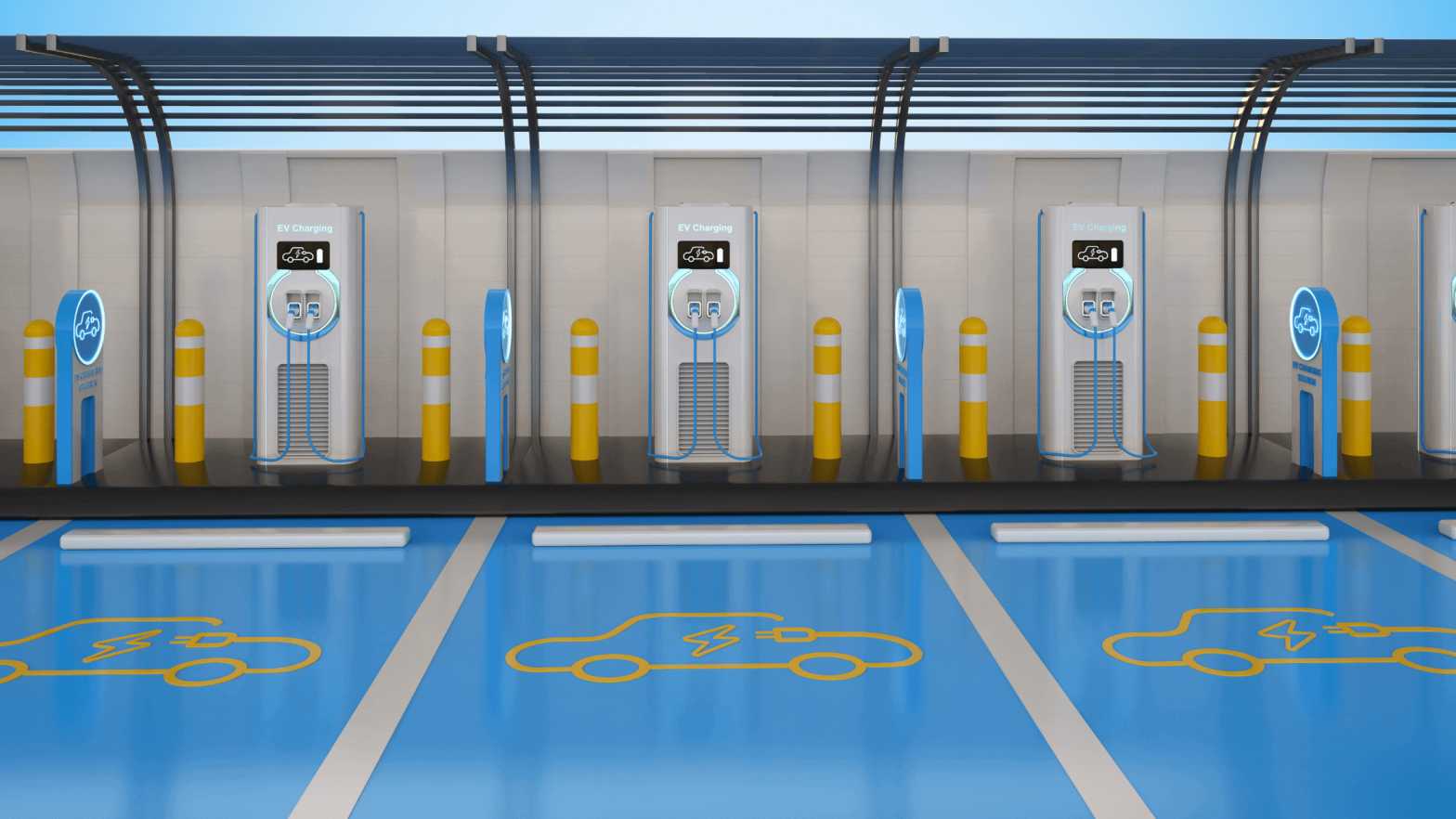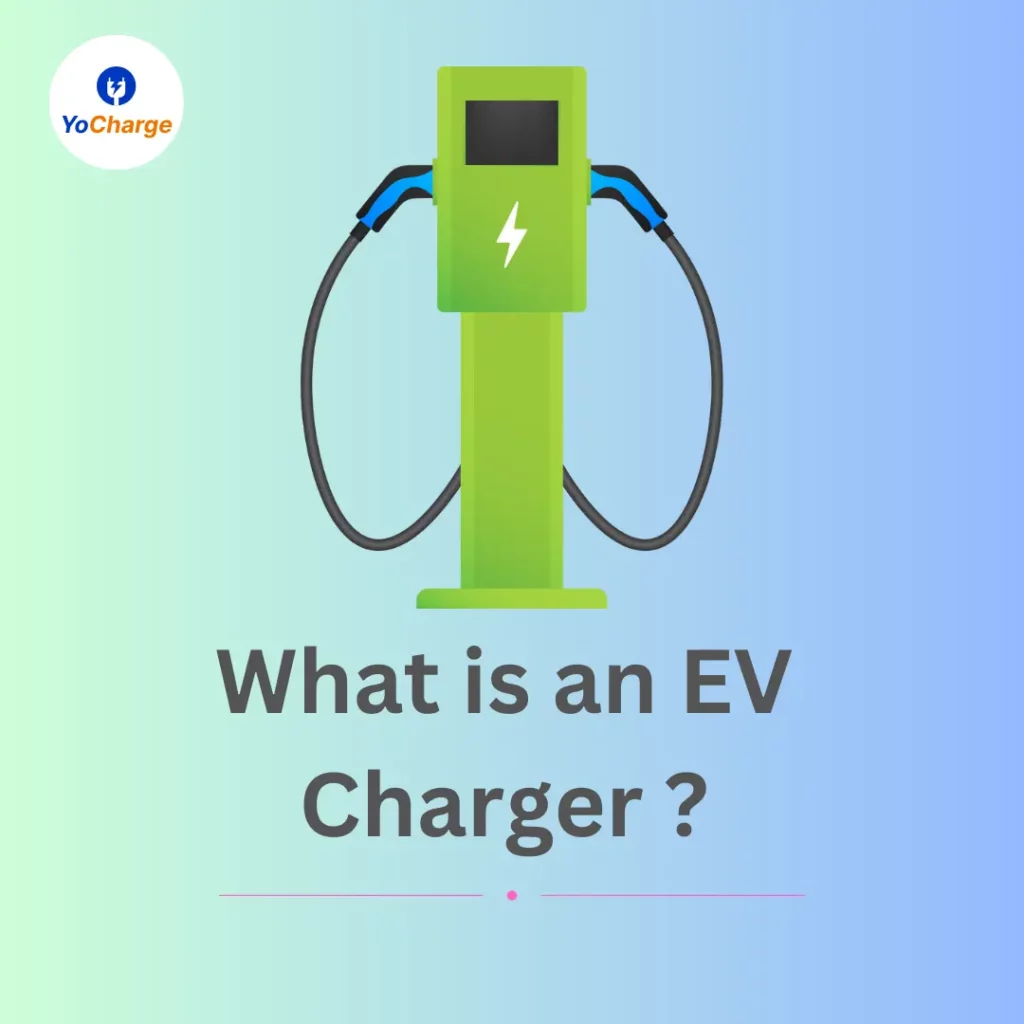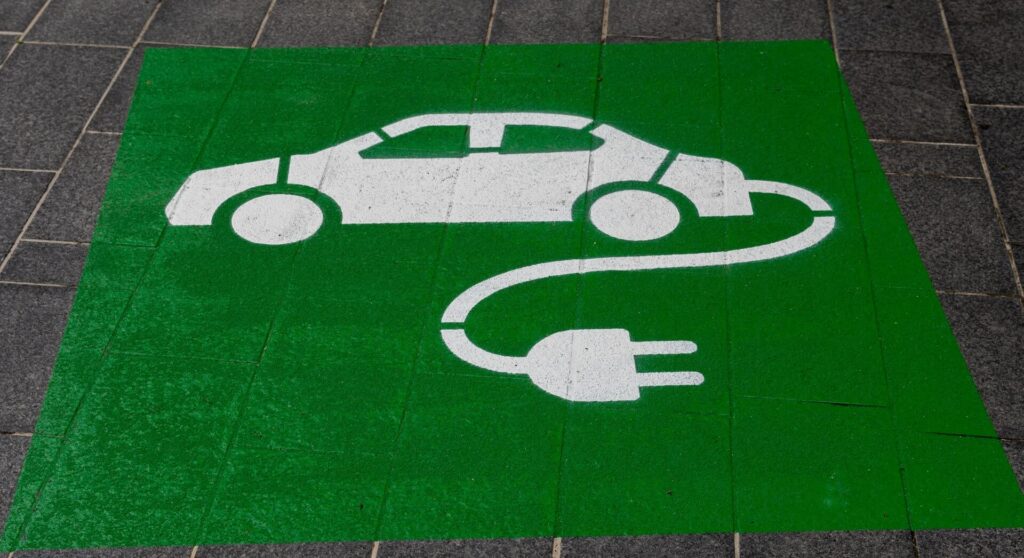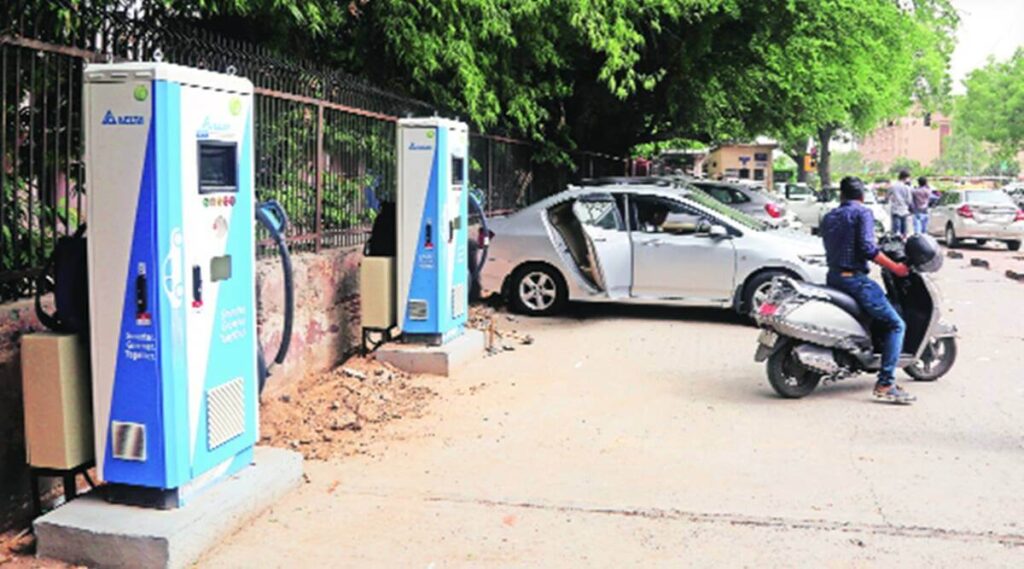
Electric vehicles (EVs) are being hailed as the future of transportation, with many countries setting ambitious targets to phase out fossil-fuel-based vehicles and switch to electric vehicles. One of the main reasons for this shift is the need to reduce greenhouse gas emissions and mitigate climate change. However, the mass adoption of EVs faces several challenges, such as range anxiety, high upfront costs, and the lack of charging infrastructure. In this scenario, the role of data science and artificial intelligence (AI) is becoming increasingly important in optimizing the use of EVs and accelerating their adoption.
How AI is helping the EV industry?
AI is revolutionizing the way we interact with electric vehicles, both as users and manufacturers. Here are some ways in which AI is transforming the EV industry:
- Improving battery performance: Battery technology is one of the key factors limiting the adoption of EVs, as they tend to have lower range and longer charging times compared to traditional vehicles. However, AI is being used to optimize battery performance and prolong their lifespan. For instance, Tesla uses machine learning algorithms to analyze data from its vehicles and improve battery performance over time.
- Predictive maintenance: Another application of AI in the EV industry is predictive maintenance. By analyzing data from sensors in the vehicles and predicting potential failures, manufacturers can proactively address maintenance issues before they become major problems. This can lead to cost savings and improved reliability for EVs.
- Intelligent charging: AI can also be used to optimize the charging of EVs. For instance, by analyzing data on electricity demand and availability, AI can suggest the best time to charge the vehicle, which can help reduce strain on the power grid and lower costs for consumers.
- Autonomous driving: While autonomous driving is still in its early stages, AI is expected to play a crucial role in its development. Self-driving cars rely on a complex network of sensors and algorithms to make decisions in real-time, and AI is essential for processing and interpreting this data. As self-driving technology improves, it could help reduce accidents and make transportation more efficient.
Role of data science in EV industry
Data science is another key technology that is being used to optimize the use of EVs. Here are some ways in which data science is transforming the EV industry:
- Mapping charging networks: One of the main challenges for EV users is the lack of charging infrastructure, which can limit their range and mobility. By analyzing data on charging networks and usage patterns, data science can help identify areas where new charging stations are needed and optimize their location.
- Demand forecasting: Data science can also be used to forecast demand for EVs and charging infrastructure. By analyzing data on consumer behavior, demographic trends, and environmental factors, manufacturers and policymakers can make more informed decisions on where to invest resources and how to market EVs to consumers.
- Energy management: EVs are not only consumers of energy but also producers, due to their ability to store and return electricity to the grid. By analyzing data on energy usage and production, data science can help optimize the use of renewable energy sources and reduce carbon emissions.
- Fleet management: Electric fleets, such as those used by ride-sharing companies and delivery services, require careful management to ensure optimal use of vehicles and charging infrastructure. Data science can help optimize fleet operations by analyzing data on vehicle usage, charging patterns, and driver behavior.
Read More – The Role Of Data Analytics In Optimizing EV Charging Management Systems
Conclusion
The integration of AI and data science has revolutionized the EV industry by enhancing the efficiency, reliability, and sustainability of electric vehicles. With the help of predictive analysis, data analytics, and smart grid technologies, the industry has been able to unlock the potential of EVs and provide optimal electric vehicle services. As the demand for EVs continues to grow, the industry is expected to evolve even further with the use of new technologies, making transportation more eco-friendly and sustainable in the years to come.



